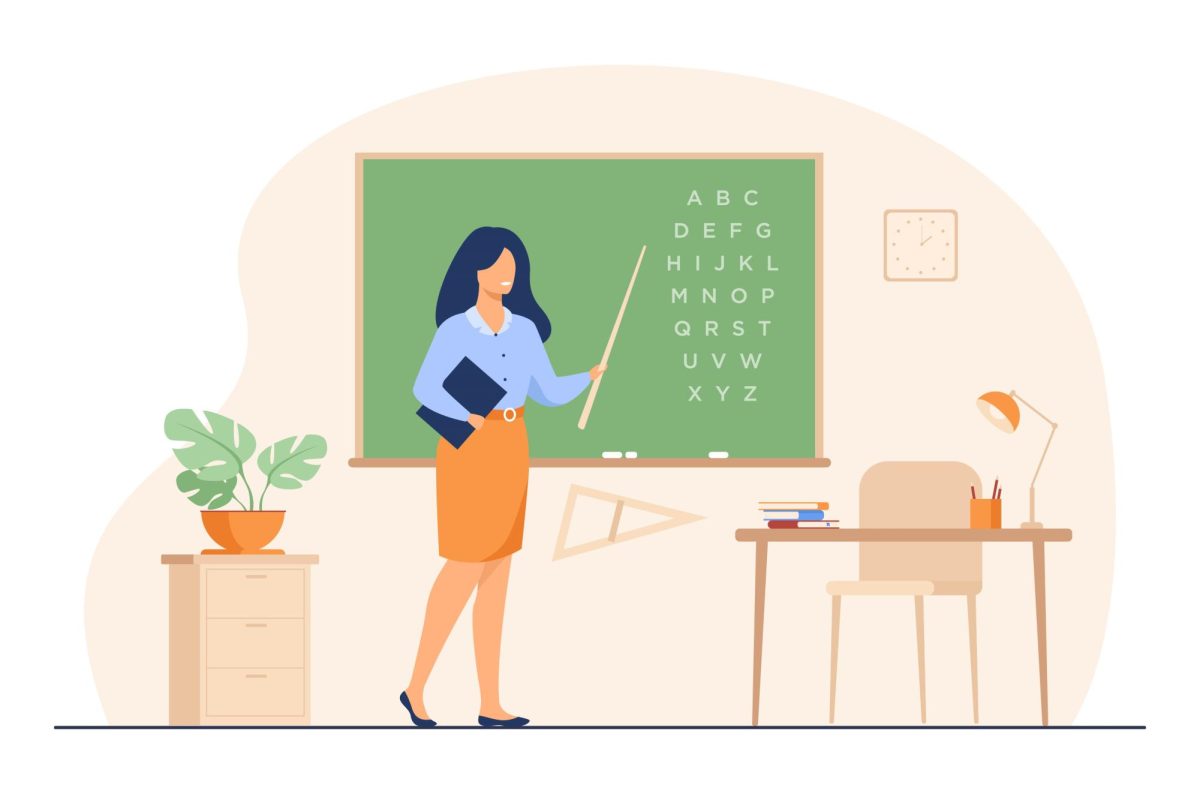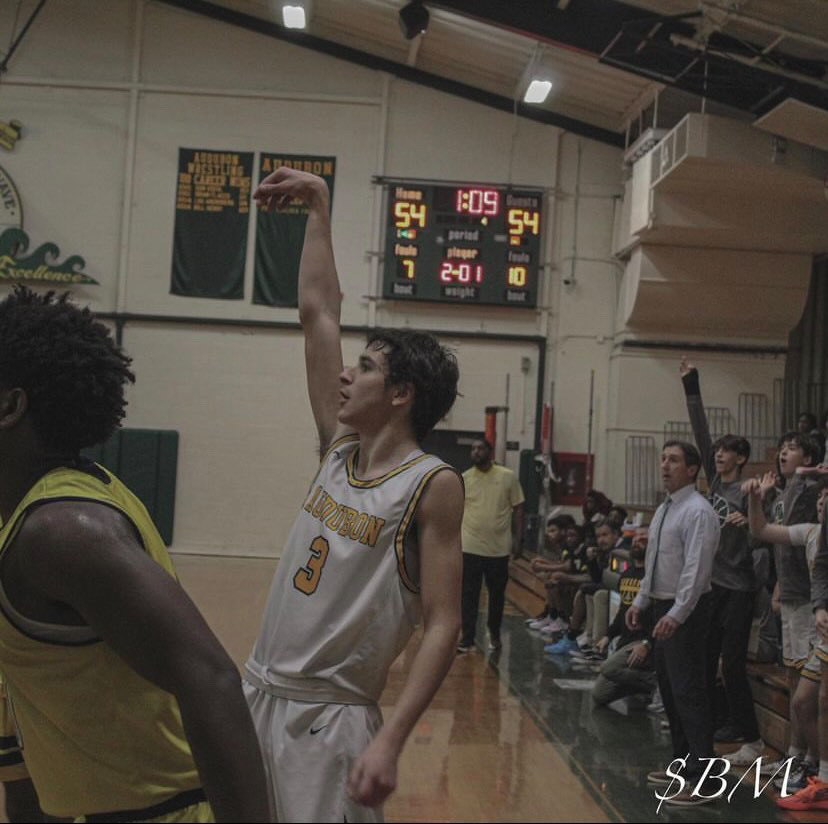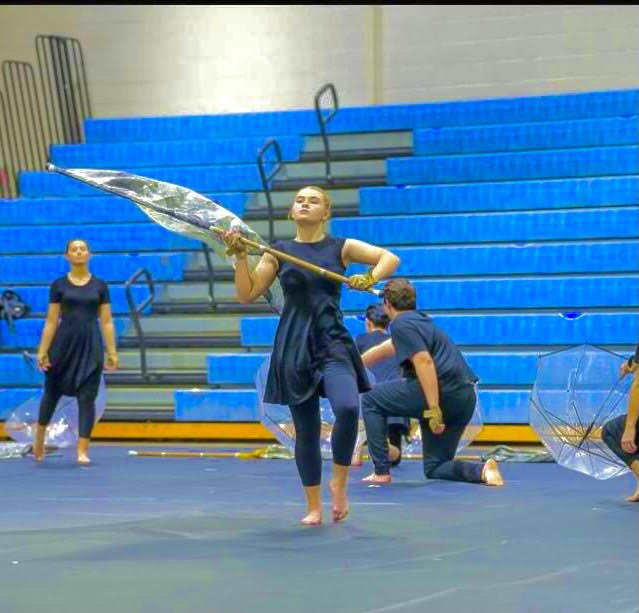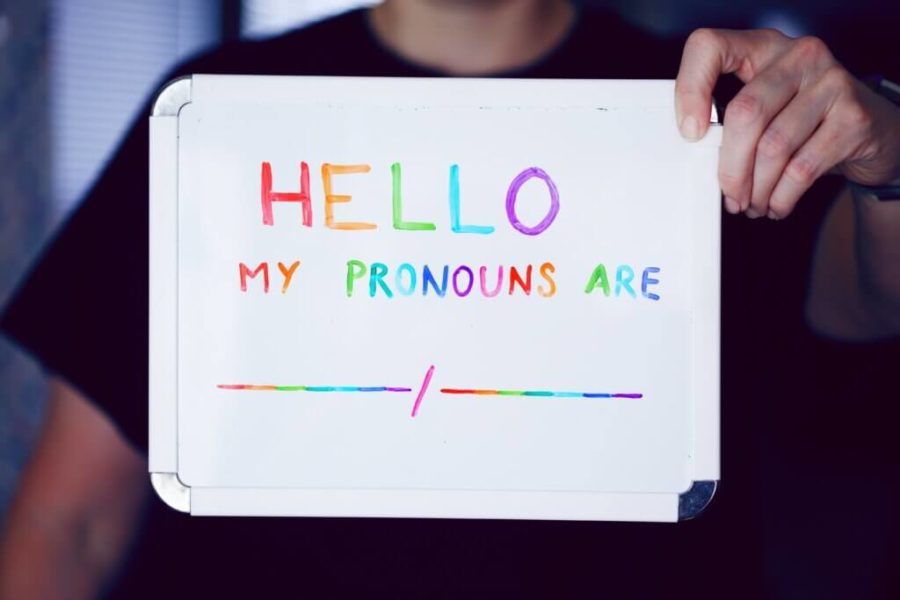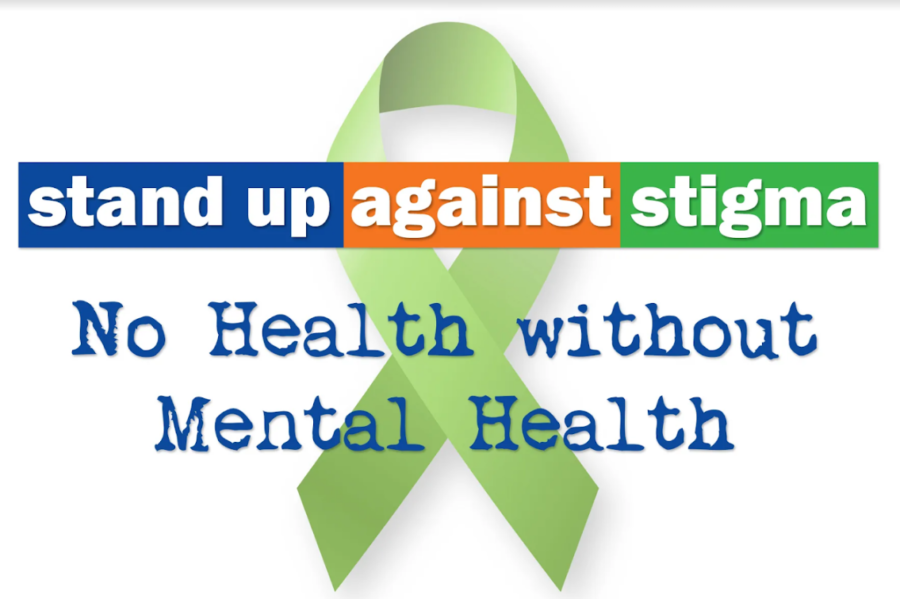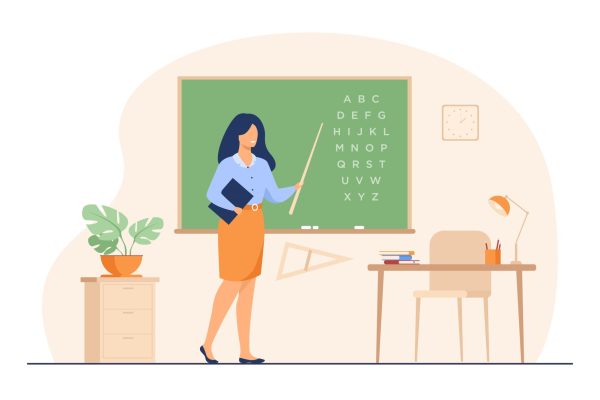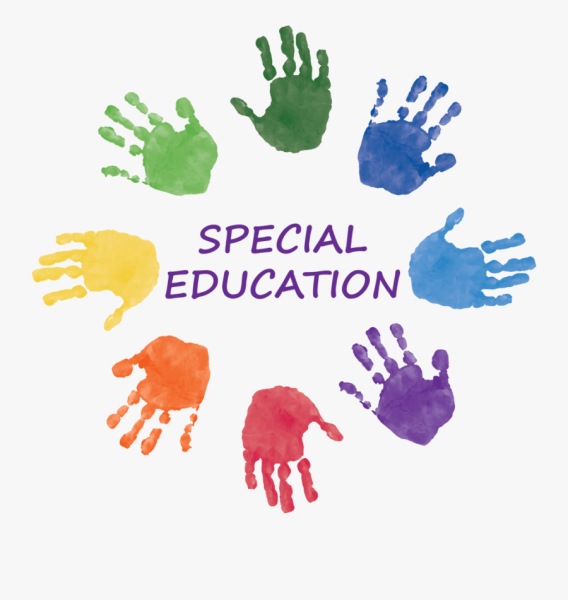A.I. On the Rise
June 5, 2023
As of recently, Artificial Intelligence has been prominently on the rise. From a Mcdonald’s with no human workers in Las Vegas to an “A.I. companion” on Snapchat, A.I. has become a strong aspect of many of our lives. Even reaching our places of education, the adjustment of having this new concept is something to get used to as it really opens a new playing field for students and teachers. Providing new teaching opportunities, it can improve the quality of education but A.I. has also been used to students’ advantage to cheat. This has begged the question of whether or not A.I. is overall beneficial to schools and if there is a balance that can be found to keep it valuable and of assistance to educational purposes.
Very popular among students, the brand new “My A.I.” on Snapchat has been typically used as a way to easily find answers to any question. Even used to write an essay on any topic, My A.I. is a perfect and simple way to find whatever you want. Another very popular site that uses artificial intelligence is ChatGPT. Just like My A.I., you can use it to have human-like conversations with it and find the answer to almost anything. Over the past year since its release in November 2022, several stories have come out with college students using ChatGPT for assignments.
A.I. is now so immersed in our society that an episode of South Park has even used ChatGPT as the central joke of the episode. One of the characters uses the site to text loving messages to his girlfriend without actually having to write them.
I can even ask the A.I. to write me an article about the effects of A.I., itself. This is what the A.I. wrote after I asked it to: “write an article explaining the effects of A.I. in schools”
A.I. in schools can have a number of effects, both positive and negative. On the positive side, A.I. can help teachers with things like grading, lesson planning, and identifying areas where students need extra help. It can also help personalize learning for teachers to work with students one-on-one. On the negative side, some people worry that A.I. could replace human teachers, or that it could be used in ways that are unethical or biased. It’s important to use A.I. in schools responsibly and to make sure that it’s being used to benefit students and teachers, rather than to replace them.
Though the A.I. wrote what I was looking for with great detail and information, it lacks all human voice.
Using it for school assignments can be risky as teachers that are familiar with students’ writing styles can easily pinpoint essays/articles that are not written by them. The teachers themselves could also be using an A.I. to check if it was used by one as well. Schools have increasingly been using A.I. to give better feedback and assistance but it seems as though the whole concept is a back-and-forth battle that sometimes seems to be an extra stress without much reward.
Learning how to handle the impacts in schools is still being dealt with and will be an ongoing battle for as long as A.I. keeps advancing and as its use increases.

